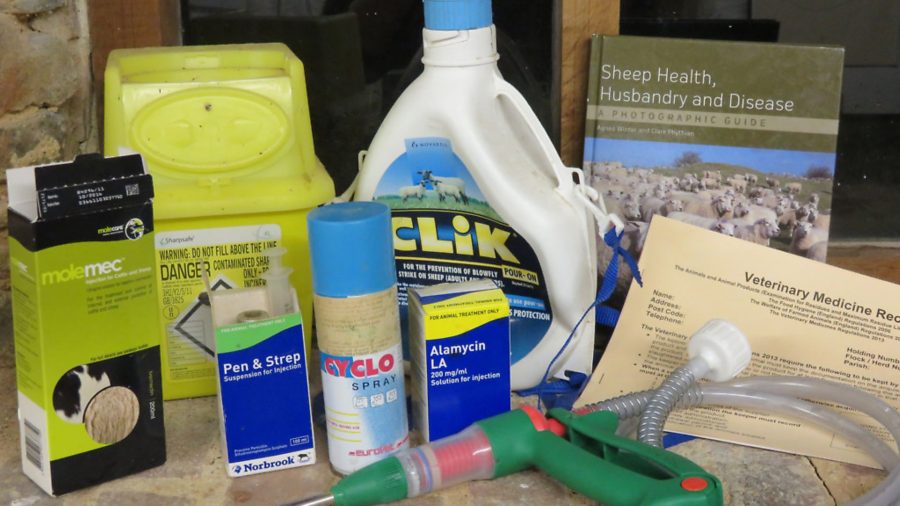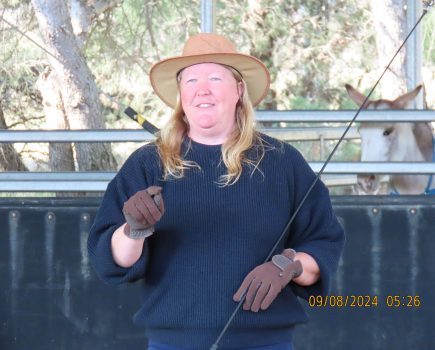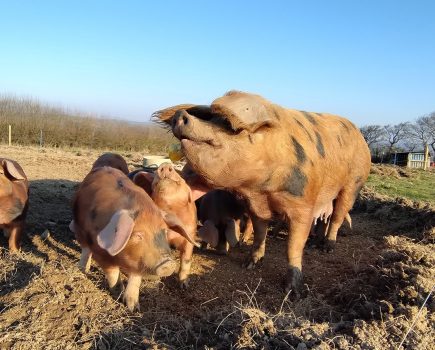Debbie Kingsley outlines the rules and regulations for smallholdings. This month: medicine records and fallen stock
Once you have taken on poultry, sheep, goats, pigs or cows, you will inevitably have to deal with the administration of medicines and the occasional death. This month we get to grips with keeping appropriate medical records and dealing with fallen stock.
Medicine records
The Veterinary Medicines Regulations require records to be kept of the supply and administration of medicines for all food producing animals (even if they are kept as pets). Records must be durable, permanent and made available for inspection on request. They may be kept electronically or as hard copies. Smallholders who keep food-producing animals must document the acquisition of veterinary medicinal products and the records relating to its use and disposal for at least five years, irrespective of whether or not the animal concerned is no longer in the keeper’s possession, has been slaughtered or has died during the period.
The smallholder must keep proof of purchase of all veterinary medicinal products acquired or, if they were not bought, documentary evidence of how they were acquired.
At the time of use you will need to record: the name and batch number of the product; the date of administration; the quantity administered; the withdrawal period; and the identification of the animals treated. The withdrawal period will be written on the product container and is the time frame required to elapse after administration of the medicine before meat/milk/eggs from the treated animal are fit for human consumption. Be particularly conscious of the withdrawal periods for any medicines you choose to use in the lead up to slaughter time.
If the vet, rather than the smallholder, administers medicine to your livestock, they must either enter the information personally in your records or give you the details in writing so that you have the information necessary to complete your records.
There are publications available to record medicines administered to animals by farmers, smallholders and other keepers of animals, including: the National Office of Animal Health (NOAH), the Animal Health Distributors Association (AHDA), the Pig Veterinary Society, the Fish Health Inspectorate and the British Beekeepers Association (BBKA). You can download a generic one here.
Dealing with fallen stock
As a smallholder, you are responsible for the safe and legal collection and disposal of your fallen stock (dead livestock), stillborn animals and afterbirth as soon as is reasonably practical. You can make arrangements for disposal at an approved premises (knacker, hunt kennel, maggot farm, incinerator or renderer) or use the National Fallen Stock Company which is a not for profit, industry led community interest company offering a collection service for farmers and horse owners. You must not burn or bury fallen stock on your holding, nor feed fallen stock to red kites or necrophagous birds (those that feed on carcasses).
Your vet or any local farmer or smallholder will be able to signpost you to your local knacker, who will collect. While waiting for collection you must ensure that animals and birds cannot access the carcase. Bins can be used as a temporary store for fallen stock, especially during times of high mortality, such as lambing, farrowing and kidding. Bins must be kept clean and disinfected, have lids and be leakproof. You are responsible for covering the costs of collection and disposal. It is useful to note that a knacker will be able to humanely dispatch livestock as well as collect deadstock.
Image(s) provided by:
Archant








